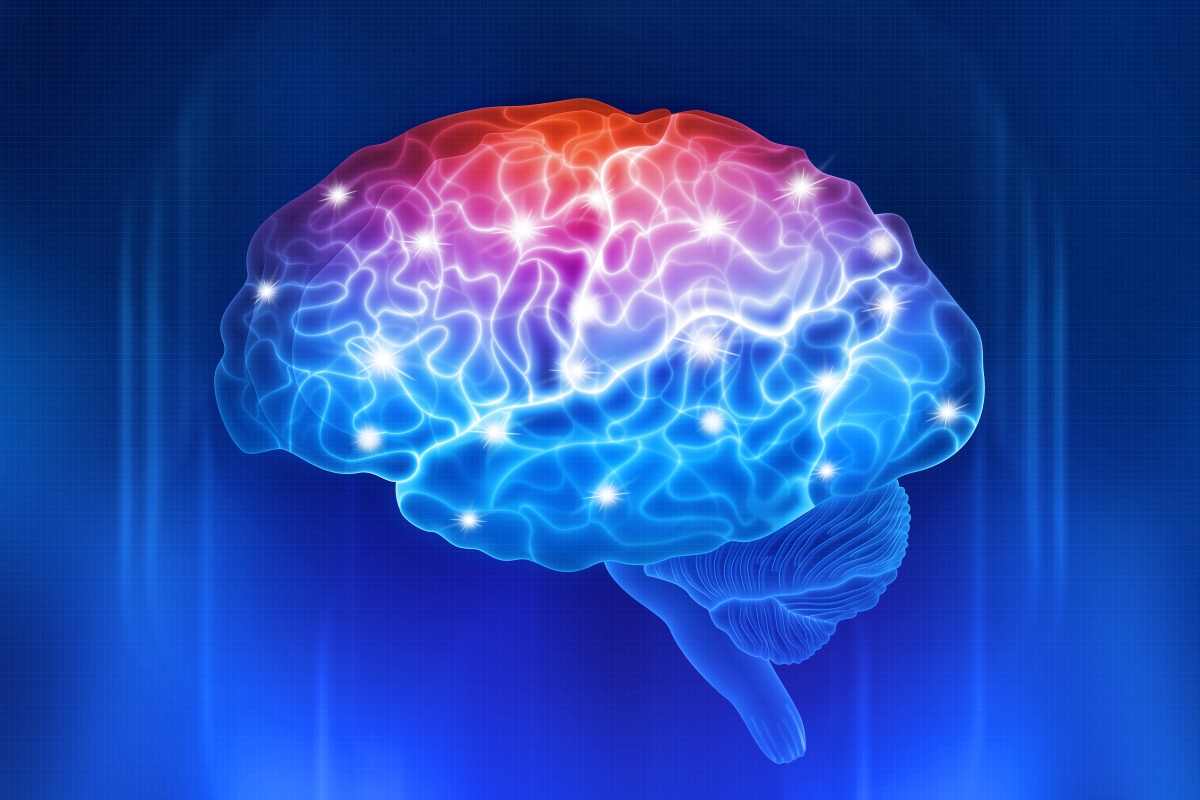Consensus statement on exploring the nexus between nutrition, brain health and dementia prevention
Johnstone et al. (2025) discuss the findings generated through a global panel of experts coming together to assess nutrition-focused strategies for promoting brain health and preventing dementia. Their consensus combines insights from personal experiences, biological mechanisms, population studies, and clinical trials. Nutrition is a key factor in brain health and cognitive decline, particularly through the interaction between diet, the gut, and the brain. The impact of nutritional interventions varies depending on the stage of intervention—from prevention to treatment—due to differences in research methods and individual responses. The benefits of the MIND and Mediterranean diets for maintaining cognitive function have been demonstrated time and time again. Multi-faceted interventions like the FINGER study, which blend dietary and lifestyle changes, have proven effective in delaying dementia onset among older adults at risk. These outcomes are supported by mechanistic research showing how nutrition helps prevent brain degeneration through gut microbiota health, maintaining the blood-brain barrier, and addressing issues like insulin resistance, inflammation, and oxidative stress. Key research goals moving forward include harmonizing cognitive testing, initiating early intervention programs, and developing tailored nutrition and lifestyle strategies. Integrating the real-life experiences of patients and caregivers into research was highlighted as critical. The panel recommends combining broad public health initiatives with personalized approaches to overcome behavioral challenges and to better understand how diet, lifestyle, and genetics interact in brain health. Experts stressed the importance of standardized tools and individualized care to effectively prevent cognitive decline across varied populations. [NPID: Ageing, diet, nutrition, co-production, mechanisms, brain health, dementia prevention]
Year: 2025
 Navigation
Navigation








